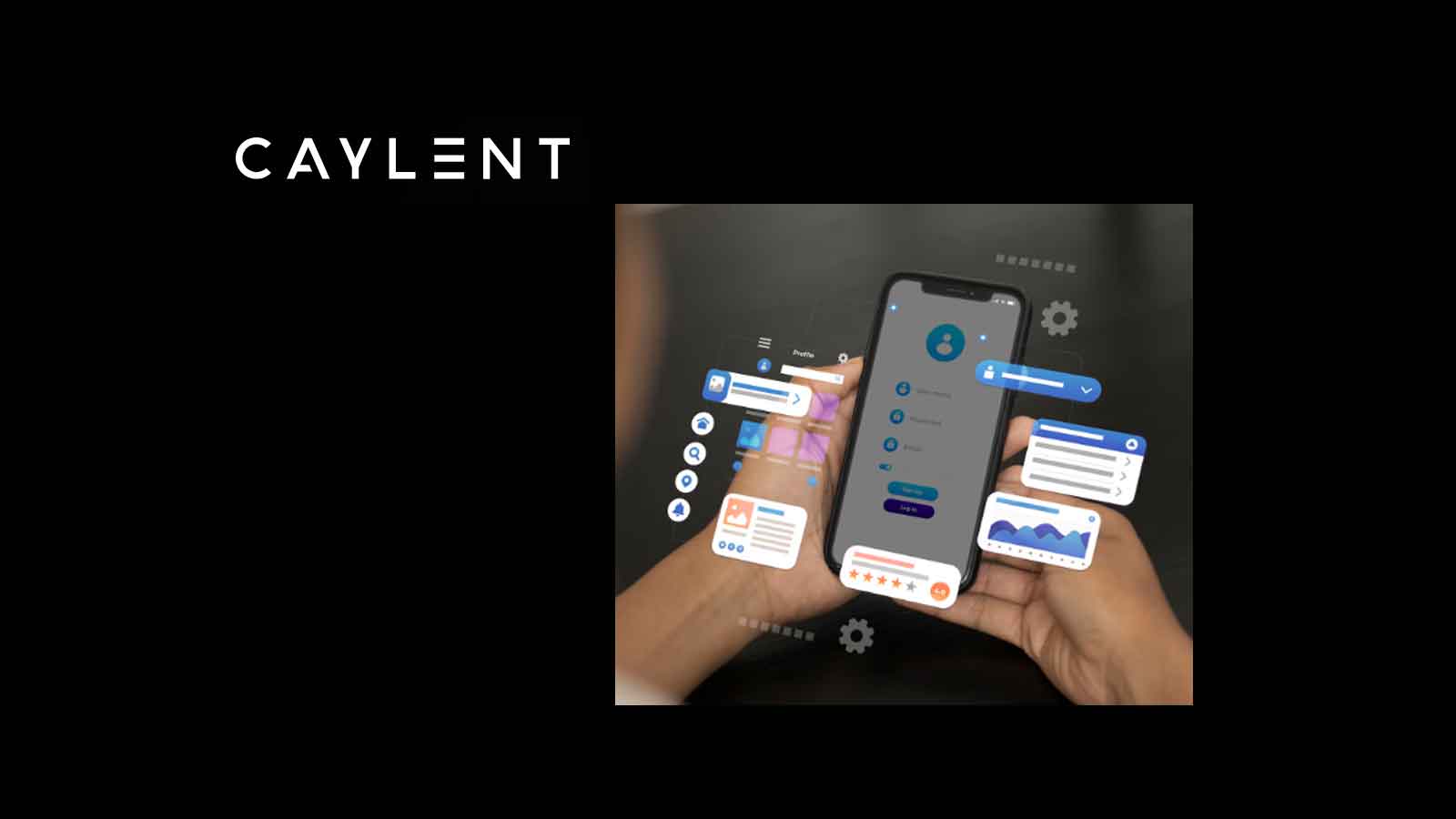urvey Shows Rising Demand for AI-Enabled Tools That Balance Speed, Tone and Brand Voice
A new survey from Santa Cruz Software reveals how the rise of digital and social media marketing is reshaping the way global brands approach translation and localization. While translation focuses on converting text between languages, localization adapts creative content to specific markets to ensure cultural fit. As content production accelerates across markets and platforms in today’s digital-first landscape, creative teams are under increasing pressure to deliver localized materials that are both faster and more on-brand.
The survey included responses from over 300 designers and marketers who create content for global or multi-lingual audiences. More than 60% of respondents say translations now need to match brand tone and voice more closely, while 56% report producing localized content more frequently due to the growth of digital and social channels.
Marketing Technology News: MarTech Interview with Stephen Howard-Sarin, MD of Retail Media, Americas @ Criteo
How Teams Work Today
The survey found that most organizations still rely on a mix of manual and semi-automated workflows. Despite the proliferation of automated translation tools, 45% percent of respondents use fully manual translation, 39% use semi-automated processes that combine translation memory with human review, and 16% rely on fully automated systems with limited human review. When evaluating translation vendors, respondents reported their top priorities were speed, accuracy and technology integration.
Current Challenges
Despite improvements in automation, teams continue to face challenges maintaining brand consistency across languages. Over half struggle with context accuracy (57%) and with maintaining tone (55%). Respondents also report difficulties with translation memory (TM) systems, which store and reuse pre-approved translations for repeated phrases or terms. Although TM remains effective, its limitations become more apparent for teams with complex localization needs. Over half (56%) say TM systems are difficult to manage or update, and 43% find them too rigid or literal.
AI’s Expanding Role
The findings show overwhelming optimism around artificial intelligence as the next step in translation and localization. An overwhelming 98% of respondents believe AI can enhance translation quality and time to market. The top features teams want most from AI-assisted tools include automatic layout adjustment (64%), improved tone and voice adaptation (60%), and integration with design tools (35%).
Marketing Technology News: From MarTech Stack to MarTech Fabric: Weaving Brand, Content, and Conversion Into One Thread
Balancing Innovation and Trust
While enthusiasm is strong for AI-powered translation and localization, respondents also cited key concerns. Their top concern was inaccurate translations (39%), followed by data security and privacy (31%), and and finally over-reliance on automation (11%).
“The results show that creative and marketing teams are adapting to localization demands as digital media accelerates the need to create content more quickly,” said Mark Hilton, CEO of Santa Cruz Software. “There is a need for smarter, more integrated tools that assist designers. We believe the future lies in a hybrid approach—combining the structure and consistency of TM with the contextual intelligence of AI, teams can achieve faster, more nuanced, and brand-accurate results directly within their creative tools.”
The results point to a growing need for hybrid solutions that augment translation memory, combining its proven consistency with the nuance, speed, adaptability, and contextual awareness of AI. Together, these innovations are making localization more intelligent, integrated, and brand-aligned within the creative tools teams already use.











